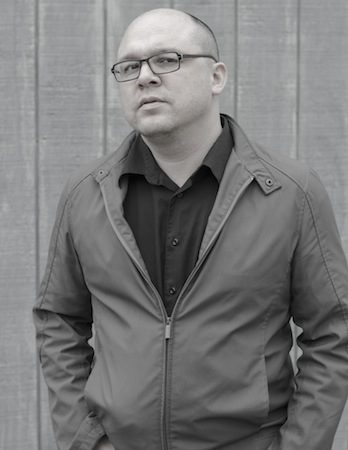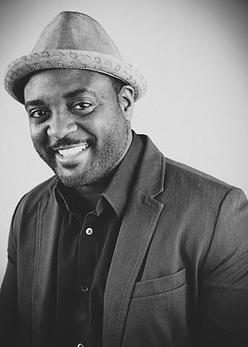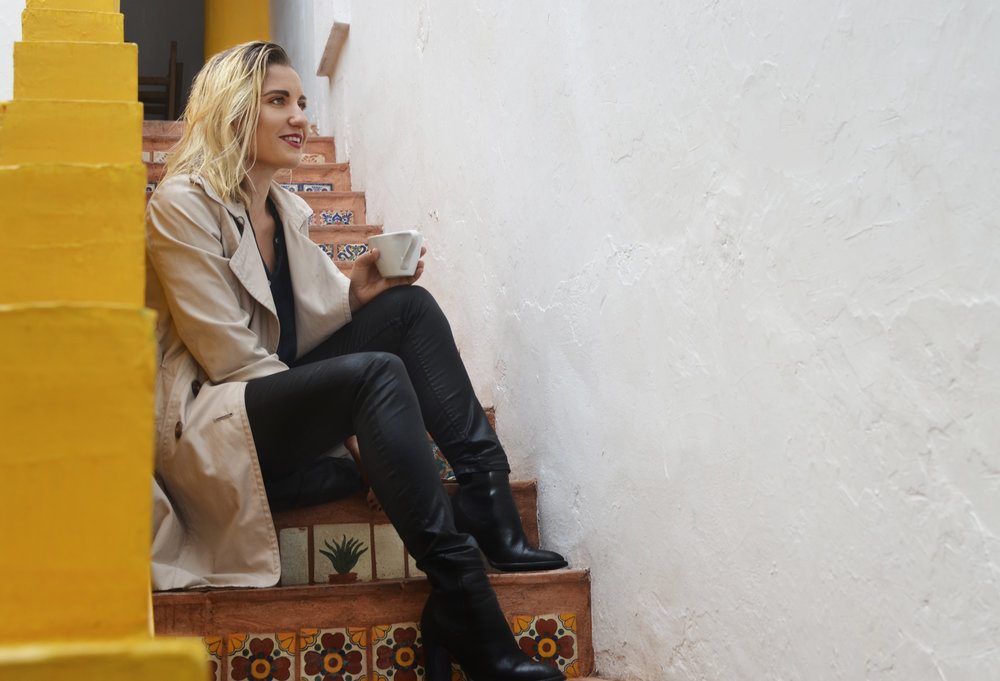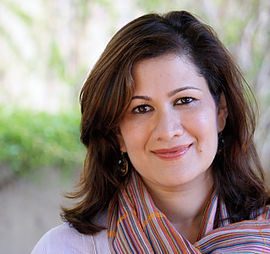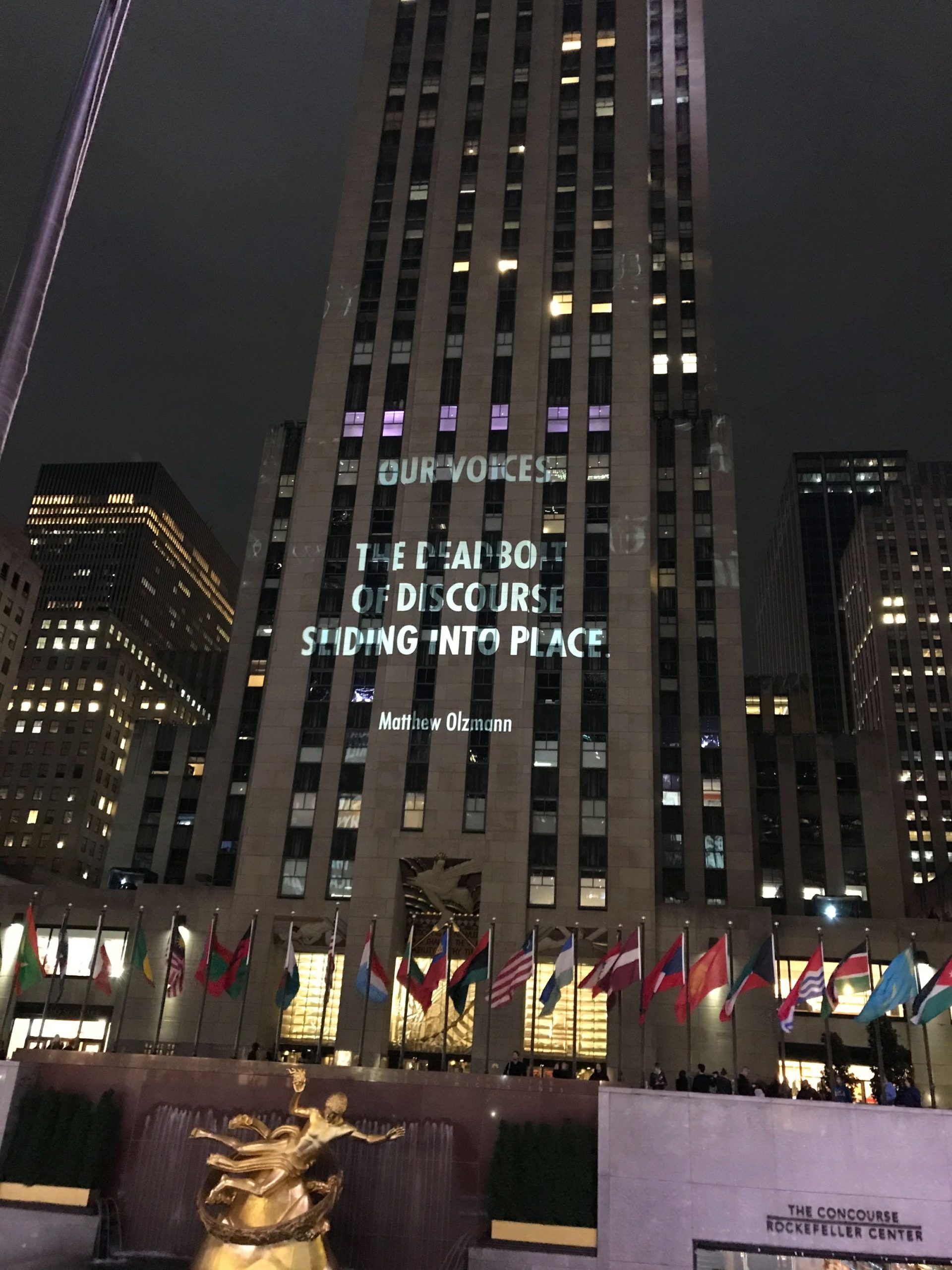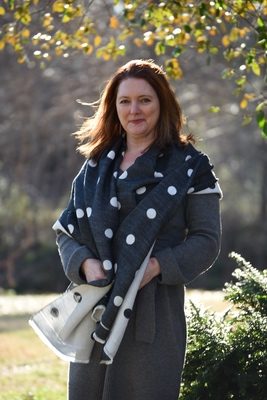In Praise of Lucille Clifton
The poet Reginald Dwayne Betts, whose new collection is “Felon,” on the writer who helped him come to terms with himself.
A decade after Lucille Clifton’s “Good Woman: Poems and a Memoir, 1969-1980” and “Next: New Poems” were both finalists for the 1988 Pulitzer Prize in poetry, I was a prisoner at Red Onion State Prison in Virginia, befriended by a brother with long locs, a knife stashed in the dirt on the rec yard and a copy of Michael Harper’s anthology “Every Shut Eye Ain’t Sleep.” The man’s name I’ve long forgotten, but Clifton’s poems in that book — all of them taken from her first four collections, also found in “Good Woman” — would follow me in a way rivaled only by those years in a cell.
This is the thing. Back then every day teemed with violence, and the poems, like all of Clifton’s poems, let me imagine even the wildest dudes around me as my brother. I read “cutting greens” as a way to understand my bid and all its contradictions. Prisons held our “bodies in an obscene embrace” and we were left, often, “thinking of everything but kinship.” But at some point, you realized that “the pot is black, / the cutting board is black, / my hand, / and just for a minute / the greens roll black under the knife / and the kitchen twists dark on its spine / and i taste in my natural appetite / the bond of living things everywhere.”
During those days, no one called me by my father’s name. Instead, for a few years I’d been going by Shahid, christening myself with the Arabic word for witness. Everyone around me was changing his name, the chosen nom de plumes all abstract and aspirational: Divine God Allah, Wisdom Self, Double-barrel, Icepick. Then I read Clifton’s “my poem.” The poem was an announcement, this is who I am: “mine is already / an afrikan name.”
[… continue reading “In Praise of Lucille Clifton” at The New York Times.]




